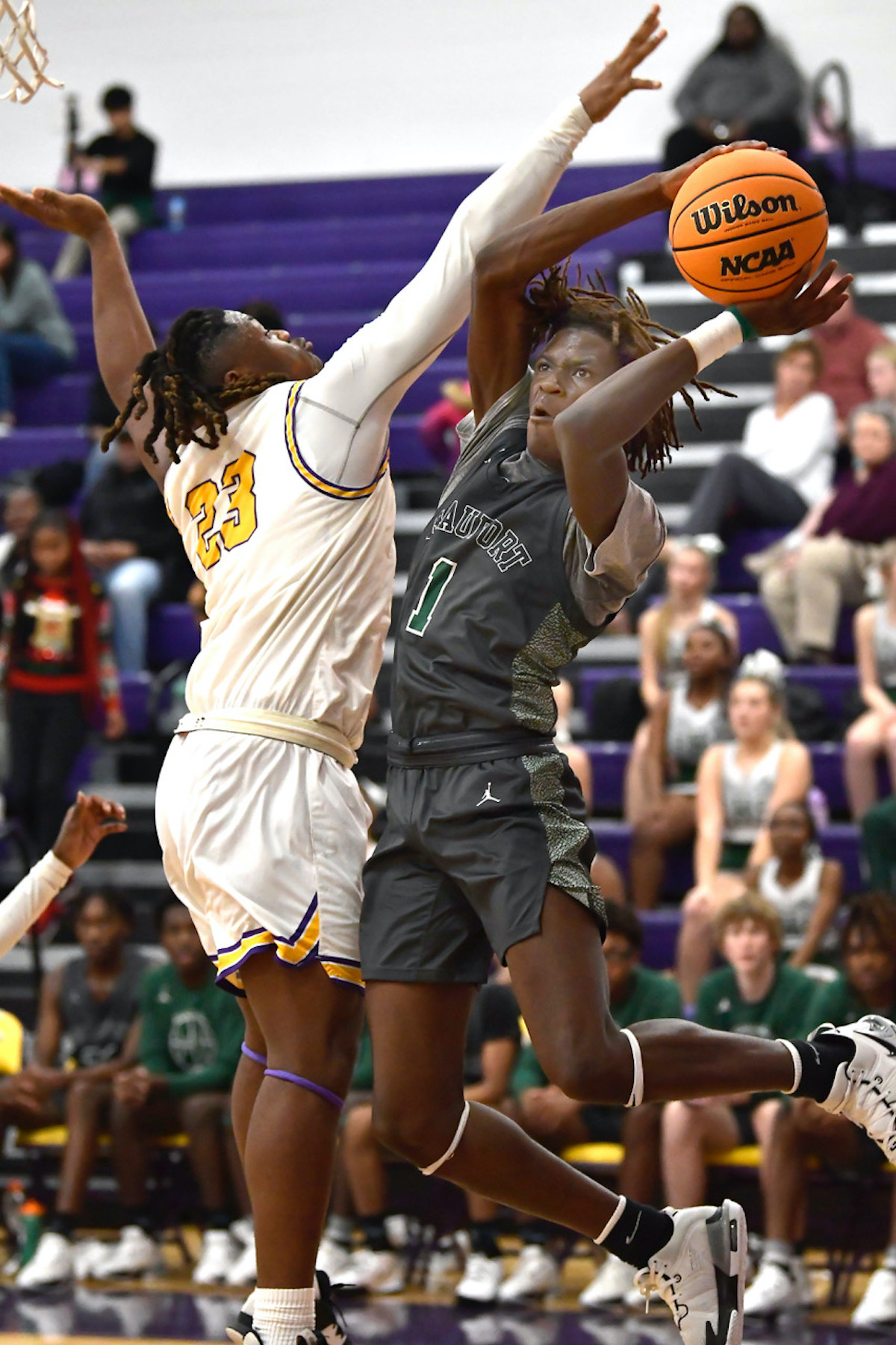By Justin Jarrett
LowcoSports@gmail.com
I love sports. Always have. I had a custom wrestling singlet before I was old enough to remember it, and I can’t remember a time when my life didn’t revolve around sports.
Literally. I’ve made sports my life, pursuing a career in sports journalism before pivoting to college athletics communications and then into entrepreneurship, where I’ve built a hyper-local sports platform and volunteered my time to numerous grassroots local sports organizations.
I believe in the values instilled in youth sports and have seen first-hand how playing on teams and competing at a high level helps kids develop into outstanding young people and eventually valuable members of society. Playing sports offers a path to upward mobility for kids from marginalized communities and less privileged backgrounds, who can leverage the opportunity to dedicate their lives to the game they love for four or five more years while earning an education that will provide comfort and stability for the next 40 to 50 years.
But I’ve just about had it with the business of sports at the highest levels.
Whether it’s the Los Angeles Dodgers or New York Yankees shelling out hundreds of millions of dollars in free agent contracts that will get passed along to fans, franchises leaving town after being denied taxpayer-funded stadia that act as a license to print money, or the most petty thing to irritate me in a minute — the NBA’s vanity courts.
Forbes reported that the courts cost “between $75,000 and $150,000” each — a wide range, so let’s split the difference … shoot, I’ll even take the low end and say $100K to keep the numbers nice and round for all of our benefit. The league has 30 teams, so that’s $3,000,000.
Average in-state tuition to a public institution this school year — according to U.S. News and World Report — is $10,662 per year or $42,648 for four years. But who finishes in four years these days, right? So we’ll again generously round up to $50,000.
So that’s $3,000,000 for made-for-TV basketball courts that could have sent 60 kids to state colleges for free.
Every year, talented athletes all over the country — and particularly in more isolated areas like the Lowco — are left without realistic options to continue their athletic and academic careers due to the rising cost of college. Many of the opportunities for marginal prospects come from pricey private schools that offer significant scholarship and grant funding but still carry a pricetag that is tough to swallow.
It’s a common misunderstanding that college athletes get a “full ride” — which is typically reserved only for those playing football or basketball at NCAA Division I programs, and only those programs that are fully-funded, which is not all of them, and in some sports, not any of them.
Division I FBS football teams get 85 scholarships, and D1 basketball programs get 13, which means virtually the entire roster is on a full ride. Baseball (11.7), soccer (9.9), tennis (4.5), volleyball (4.5) and wrestling (9.9) coaches are severely strained by scholarship limits that don’t even approach the number of players required to field a competitive team — let alone an elite one — especially at smaller or less-notable schools with limited resources to supplement their recruiting budgets.
But even many football and basketball programs don’t have the budgets to fulfill their scholarship limits, particularly at small-conference schools that aren’t raking in the bucks from big TV contracts, and the divide between the haves and have-nots is only growing with the emergence of NIL deals that give even more leverage to the blue bloods.
How about spreading those 60 scholarships among underfunded HBCU basketball programs — men and women — that are struggling to survive?
That might be more useful and beneficial to society and the future of the game than garish courts, and I’m willing to bet it would generate a more valuable social media buzz. And with the HBCU tie-in, you’ll even draw the ire of people who didn’t even bother to tune in to shake their fists about the courts. Rage sells these days, after all.
Justin Jarrett is the sports editor of The Island News and the founder of LowcoSports.com. He was the sports editor of the Island Packet and the Beaufort Gazette for 6½ years. He has a passion for sports and community journalism and a questionable sense of humor.








